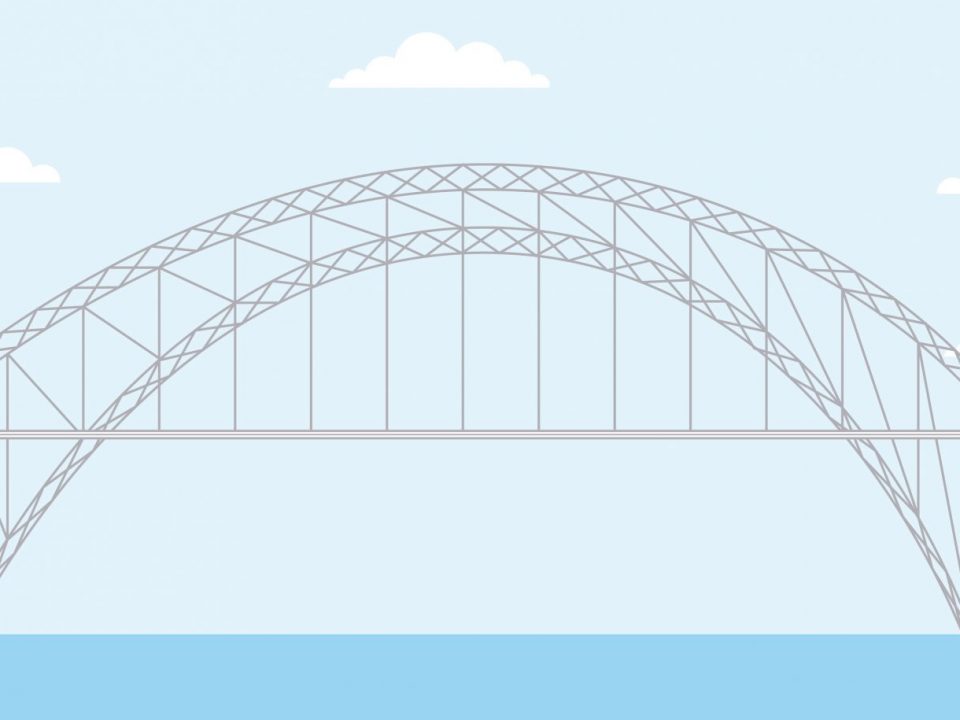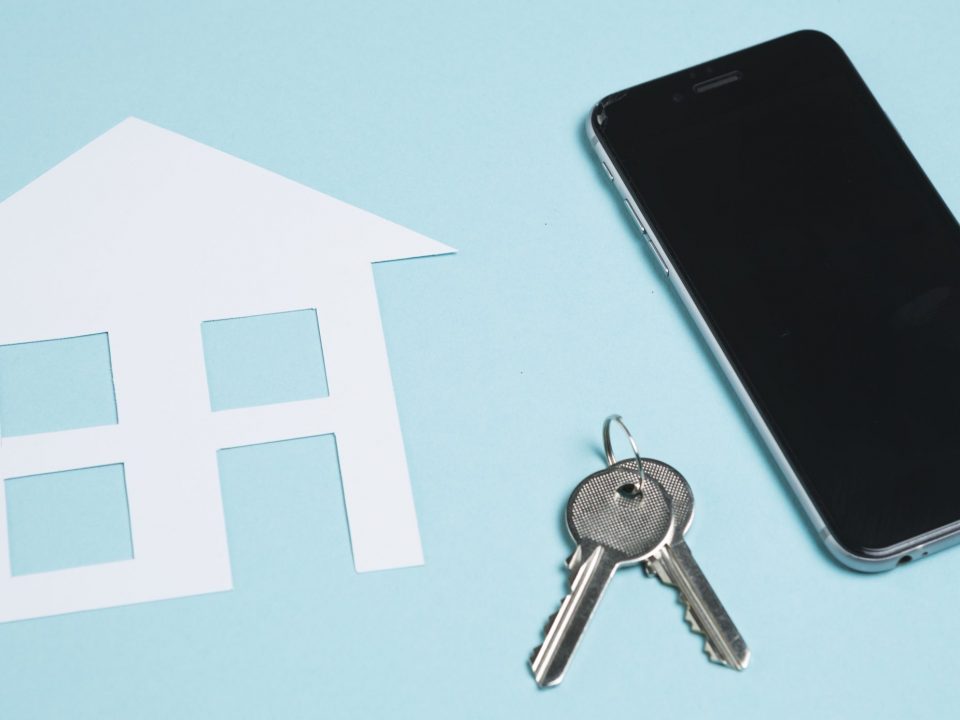5 Tips When Applying for a Mortgage

5 Things to Look for in a Realtor
October 7, 2021
Everything You Need to Know About Title Insurance
October 18, 2021The process for obtaining a mortgage can be confusing and sometimes even nerve-wracking, particularly if you are a first time borrower. The good news is that you can go successfully and with ease through this process simply by following some very helpful and useful pieces of advice.
1. Keep an Eye on Your Credit Score/Report
When you are applying to obtain a mortgage loan, the very first thing any Bank or Private lender will most probably do is to check your credit score. Mortgage lenders will use your credit report and score to ascertain your financial trustworthiness and your capability to repay the debt. There’s no better time for regular credit monitoring than when you’re trying to obtain a mortgage at the best possible rates.
The higher your score is; the lowest interest rates you will be offered. In Canada, credit scores range from 300-900 and are divided onto five major categories (Poor, Fair, Good, Very Good and Excellent). Credit score is basically a broad picture of your overall financial health, so it is very important that you know and also keep track of what yours is. Preferably, a score of 660 is considered fair, but the higher the better. In case of a poor credit score, the lender can refuse to approve a mortgage. Having a low score can also force a lender to offer lower loan amount at a higher interest rate. A bad score can also mean you have to put down a large down payment. You can definitely achieve a higher score by making your bills and other payments on time and also not consuming too much of your available credit.

2. Pay off Existing Debts
A mortgage is a large long-term debt. Minimizing your existing debts is an important step for sound financial planning. Mortgage payments will be easier if your total existing debt burden is reduced. High existing debts can also hurt your mortgage application and make it difficult to obtain approval. Your balances across your credit cards, car loans, lines of credit(LOC) or student loans do not necessarily need to be zero. However, your existing debt will impact how much you’ll be able to borrow and at what rate. Keeping debt levels low is also good for your credit score in general. By paying as much of your debt off as you can, you will have a higher income-to-debt ratio when you apply for a mortgage.
3. Maximize Your Down Payment
The process of obtaining a loan will also require a particular amount of cash upfront. This cash is known as a down payment. It is better, for a few reasons, to have a bigger down payment. Nothing shows a lender more that you know how to save like a big down payment. A bigger Down-Payment also reduce the Loan-to-Value ratio, which directly increase your chance of getting the desired mortgage.
A Down-Payment of less than 20% of the home’s purchase price legally requires that you buy mortgage loan insurance. This insurance premium will also increase your monthly mortgage payment. Remember that a 20% or larger down payment will also mean that you won't be subject to this requirement, all of which can save you money.
Overall, you will definitely want to save the maximum amount for your down payment. In most cases, that is easier said than done. A house in cities like Toronto can go up to a million dollar. However, the more cash you put down upfront, the more likely you are to get approved by a mortgage lender.
4. Consider Working With a Mortgage Broker
A mortgage broker is very much like a personal agent of yours. Independent of any lender- they perform the process of mortgage shopping for you. A study done by Bank of Canada states that using a broker can result in getting the lowest possible mortgage rate than going directly to the banks. The question arises, ‘Why is that?’. That is because of the fact that the Brokers have access to multiple lenders which enables them to get even more competitive quotes for the borrower. It is a brokers’ job to help you get a mortgage that is specifically designed for your needs.
Another immense benefit of hiring a broker is their vast knowledge of the entire mortgage market. If a borrower goes directly to the bank, the bank will offer only their own products and rates. Whereas, a broker will help you find a lender with best interest rate and with accordance to your personal circumstances.
A good mortgage broker will:
- Find the best suitable product for you while keeping your financial standing and your future goals in mind. This is more important when you have a bad credit.
- A broker will help you complete your mortgage application which can be a headache for some.
- A broker will work to get a pre-approval for you.
- A broker will be there for you to answer every question or to clear any confusion you have until you are funded.
- A Broker will act as a mediator between the bank and the borrower - He or She will review every related document to make sure everything is Okay and it will continue until the closing day of your file.
Yet another mentionable advantage of working with a broker is the great amount of time and money you can save. Rather than spending hours researching and applying for different banks, a broker will do the comparison-shopping for you. Saving time is very important for people in this era.
5. Gather and Prepare Documents
It is of great importance to gather up any required documents when you are going for a Mortgage. Banks require a heavy amount of documentation as part of the whole mortgage approval process. Most of the documentation is needed to confirm and verify the information provided in the application, so be as accurate as you can on your mortgage application to avoid discrepancies between the information you have provided versus documented verification.
Here is a list of some required documents common in most of the cases:
Proof of your Income - First, you’ll need to prove you have the income to support your mortgage payments. If you are a salaried person, this can be satisfied with a Letter of Employment and some recent pay-stubs. However, if you are self-employed, the verification can be in the form of Financial business statements, profit and loss statement, T1 Generals and your Notice of Assessment.
Your Down-Payment Verification - Lenders will ask for documents to confirm your down-payment for the mortgage. If the amount for down-payment is coming from your savings, you will be asked to provide three months of bank statements. On the other Hand, if the amount has been gifted to you from a family member – you will be asked to fill and submit a Gift Letter (will be provided by the lender) along with all the details. If your down-payment is coming from the sale of another property, you will be asked to submit an agreement of sale and purchase.
Two types of ID - You will need to provide maximum two different pieces of IDs. This is to confirm you are who you’re claiming and also to confirm name and your Date of Birth.
List of your Assets and Liabilities - Your assets can help you secure a better mortgage, so make a list of your assets and expect to provide to the Lender. The Lenders will also ask for documents related to your liabilities – Such as outstanding debts, credit balances, students’ loans or any other existing home loans.
The Bottom Line
Being overwhelmed when trying to obtain a mortgage is only natural, especially if it’s your first time. But it will not become stressful if you are well prepared. If you get yourself ready and give serious consideration to the pieces of advice we’ve outlined, getting your dream mortgage will be fairly easy and a straightforward process.
About the Author
Ihtisham Asghar
Assistant Manager, Real EstateTreadstone Associates
1 (844) 900 1070



